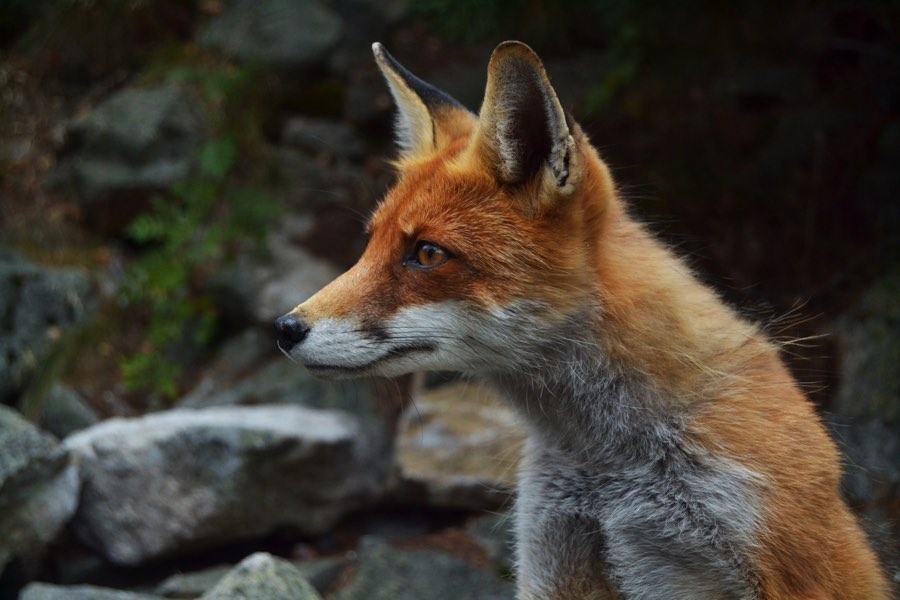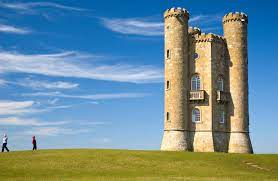1. ANONYMOUS (GREEK)
The word ‘anonymous’ comes from the Greek word ‘anōnumos’. Anōnumos is defined as something or someone without a name, similar to the English meaning which defines the word as someone who does not reveal their identity.
2. LOOT (HINDI)
Pronounced and defined in the exact same manner in English as it is in the origin language Hindi, the word ‘loot’ refers to stolen goods/property.
For example, a dacoit or robber would keep the ‘loot’ hidden from the eyes of the police.
The word can also be used as a verb, for example, “they looted all the banks in the town post the civil war.’
3. GURU (SANSKRIT)
The word ‘guru’ is derived from the Sanskrit language, in which the definition goes beyond that of a teacher or an expert on the subject. Rather, it describes an individual with influential leadership, exceptional knowledge, and deep, thought-provoking intelligence.
However, post the change in time and evolution, the term is commonly used to describe a teacher or a learned individual in the English language (as well as in many regional Indian languages).
4. SAFARI (ARABIC)
An expedition or observing animals in their natural atmosphere is called a ‘safari’. The word originates from the Arabic language and, since having been borrowed by the English language, is used widely across the globe right from jungle safaris to the famous desert safari in the Middle East.
5. CIGAR (SPANISH)
While many of you may know what a cigar is, the technical definition is ‘a cylinder of dried and fermented tobacco rolled in tobacco leaves for the purpose of smoking’. Quite a hefty definition for something so small, isn’t it?
The English terms originate from its Spanish equivalent ‘Cigarro’, which too was derived from another foreign language known as Mayan and was called ‘Sicar’.
6. CARTOON (ITALIAN)
Be it the old classics by Walt Disney on-screen or the daily strips in the newspaper, everybody loves cartoons!
Described as a sketch or drawing showing the subjects in a humorous manner, the word ‘cartoon’ originates from the Italian term ‘carton’ which initially referred to as a drawing on hard paper and was transformed into comical representation in 1843.
7. WANDERLUST (GERMAN)
Defined as a passionate desire to travel or, quite literally, wander away, the term ‘wanderlust’ derives from the German language and was borrowed by the English language in 1902.
8. COOKIE (DUTCH)
Did you know this rolled, sliced and baked sweet dough is originated from the Dutch language? It’s true though, it really does.
The English language derived the word ‘cookie’ from the Dutch term ‘Koekie’, defined as akin to cake, to describe this loved sweet snack.
9. KARAOKE (JAPANESE)
A Japanese form of entertainment that took over the Western world 20-30 years ago, Karaoke was borrowed by the English language and has continued to become an international phenomenon for entertainment.
The Japanese term stands for ‘an empty orchestra’ and is the act of amateur singing with recorded music, commonly performed in clubs or bars.
10. METROPOLIS (GREEK)
Derived from Late Latin to Greek initially, the word ‘metropolis’ refers to the mother city of a colony.
The English derivation of the word describes the term as a big city of high importance.
11. LEMON (ARABIC)
The Arabic word from which ‘lemon’ originates is called ‘Laimun’, defined simply as a yellow citrus fruit. The term became a part of the English language family post-1400 and was also influenced by another Middle Eastern language, Persian.
12. AVATAR (SANSKRIT)
Known as a representation of oneself in the virtual world, the word gained a whole new level of popularity after James Cameron’s 2009 science fiction film called Avatar.
13. KETCHUP (CHINESE)
Honestly, who would’ve guessed this!
Originating from its Chinese equal ‘Ke-stiap’, the word referred to as a concoction of pickled fish and spices in 1692.
Fast forward 100 years in the Western world, tomatoes were added to the sauce to create a very famous condiment called ‘ketchup’.
14. ENTREPRENEUR (FRENCH)
In the 13th century, the term ‘entrepreneur’ is derived from the French verb ‘entreprendre’ which meant to undertake or do something. History suggests that by the 16th century, the verb had transformed to form the noun ‘entrepreneur’ which referred to someone who undertook a business venture.
15. UTENSIL (FRENCH) (LATIN)
The Latin word ‘utensilia’ refers to things or resources for use and was adopted by the French to form the word ‘ustensile’ which describes cooking tools. By combining the Latin and French versions, the English term ‘utensil’ was then created and has been commonly used in kitchens across the English-speaking world.
16. SUSHI (JAPANESE)
Sushi originally comes from a Japanese word for sour (Sushimeshi), and with time it turned into a term used to describe naturally fermented seafood and rice pickled with salt condoning a sour flavor. With time Sushimeshi was a recognized dish all over the world and for short they call it Sushi.
17. CATALOGUE (FRENCH)
The word catalogue is a word we use frequently when we want to talk about a list of items or publication. Yet, the word has taken a long way to reach “catalogue.” The word catalogue firstly started in Greece with the word katalegien which means pick out or enroll. Later on, to Katalogos in Greek and then to Catalogos in Latin and then to late French.
18. JUSTICE (FRENCH)
The word justice emerged from the old French justice or jostise, which means administration of law. The French word justice is from the form of Latin justitia. Yet the word justice when firstly used in old English it was used as justice and combined with the word just in English, the word justice was formed.
19. PENGUIN (WELSH)
The origin of the word penguin is still debatable to this day, yet it is said that it comes from the Welsh “pen gwyn” which means white head. However, some say that the word penguin was used for the great auk of the seas which is now an extinct animal which used to stay around Newfoundland in Canada.
20. MASSAGE (PORTUGUESE)
The word massage went through a few different meanings across its timeline, it first started as “massa” which means dough, and then changed into amassar which means to knead, then in French to masser which means to knead or to treat with massage. Now it is used in English as massage which means the rubbing and kneading of muscles and joints.







